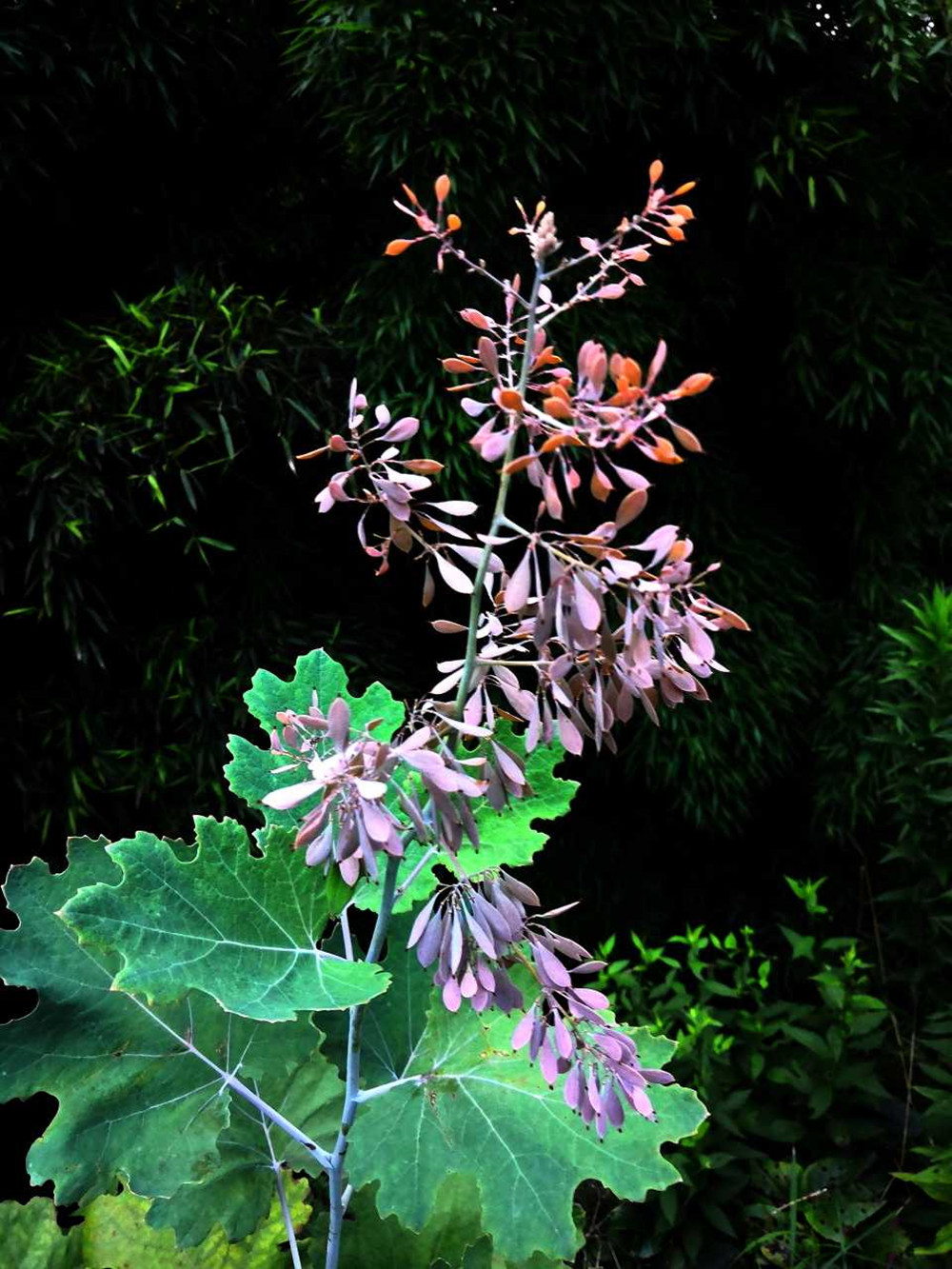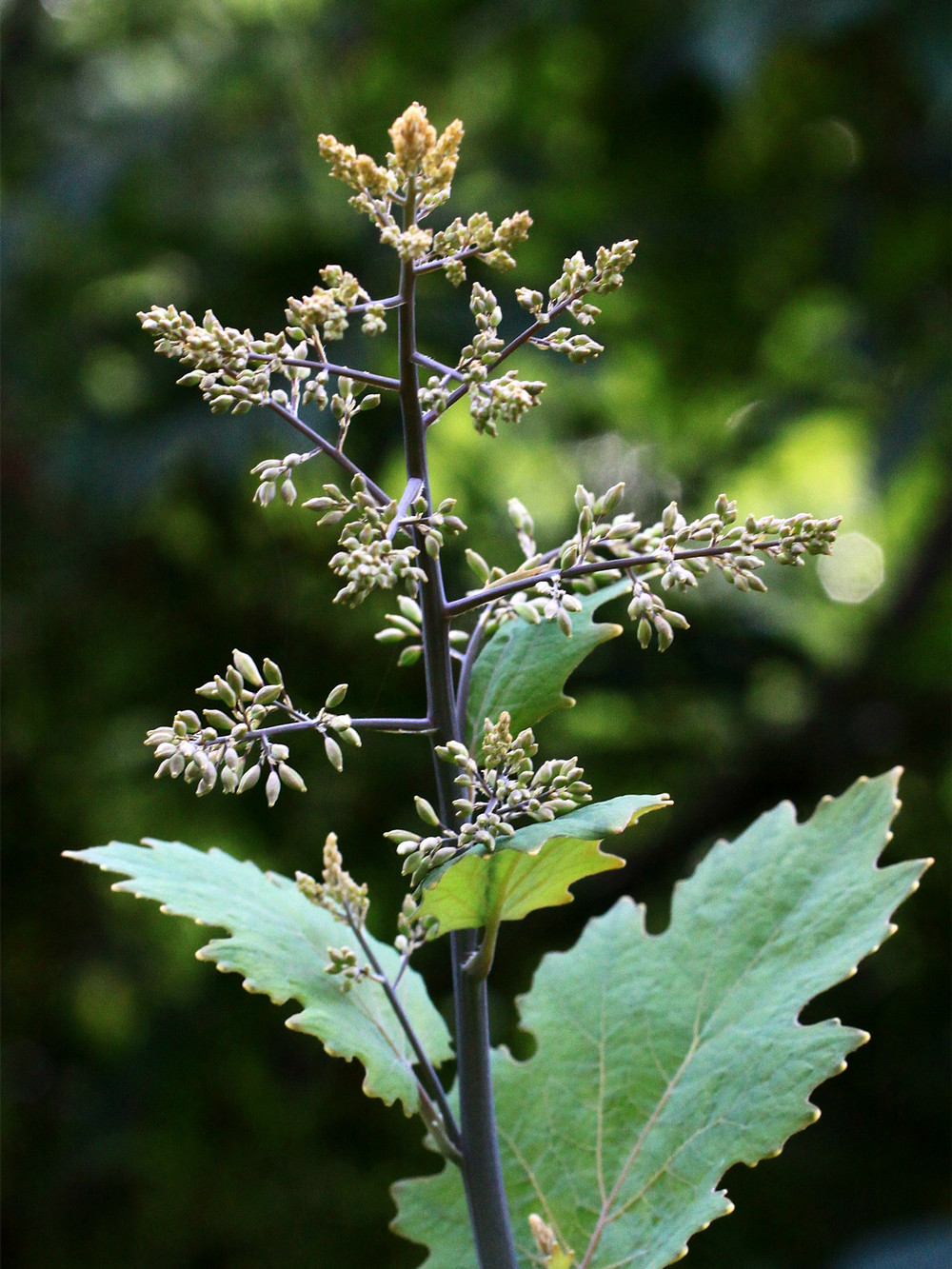Can Macleaya cordata extract be used as antibiotic alternative?
Macleaya cordata, also known as plume poppy, is a member of the family Papaveraceae. There are abundant alkaloids, steroids, saponins, flavones and their glycosides as well as a small amount of volatile oil, most of which are isoquinoline alkaloids. Most of these alkaloids have strong physiological activities, and the fruit part has the highest alkaloid content, more than 3%. Sanguinarine, Chelerythrine, Allocryptopine, Protopine and other alkaloids were found in Macleaya cordata, among which Sanguinarine and chelidorine were the main alkaloids. In 2004, the European Council Directive 70/524 /EEC officially approved the registration of herbal medicines and extracts as natural attractors, and they were included in the European Directive on Feed Additives (EC) NO1831/2003. Active ingredients in Macleaya cordata are easily degradable and no residue after use due to the unique mechanism of action, has no drug resistance and small environmental pollution, which solved the problem of traditional antibiotics. Sanguinarine and Chelerythrine were found to have antibacterial anti-inflammatory, appetizing, functions that promote growth, It is mainly used to promote the growth of pigs, chickens, ducks, freshwater fish, shrimp, crabs, turtles and turtles. It can be used in the process of commercial feed and aquaculture. It is one of the few dietary substitute products of Chinese veterinary drugs that can still be added in commercial feed for a long time.
Improve the immunity
Animals, the body’s own immune system can identify and eliminate foreign invading microorganisms such as bacteria and viruses, and have to deal with aging, injury, death own cells and mutation of cells in the body and the ability to infect cells, low immunity of livestock and poultry to microbial attack resistance decreased obviously, this is one of the leading causes of livestock and poultry often sick. Alireza Khadem et al. demonstrated that sanguinarine and celandine had anti-inflammatory activity equivalent to oxytecin through in vitro cell tests. The experimental results showed that dietary supplementation of Macleaya cordata extract (Sanguinarine 1.5%) could significantly reduce the expressions of inflammatory cytokines inducible nitric oxide synthase (iNOS), interleukin-1β (IL-1β) and interleukin-10 (IL-10) in the jejunum of broilers. Laura Soler et al. conducted in vitro studies on intestinal epithelial cells, and demonstrated that the Macleaya cordata extract (Sanguinarine 1.2235%) significantly inhibited the release of proinflammatory factors in intestinal epithelial cells, similar to the effect of acetylsalicylic acid.
Good for intestinal health
The microecological balance of the digestive tract of animals can affect the digestion and absorption of the host, and play an important role in preventing the invasion of pathogenic bacteria and enhancing the immunity of the body. However, the internal and external environment of the digestive tract will affect the microecological balance, so the effective means to promote the healthy growth of animals is to maintain the stability of the gastrointestinal microflora. Studies have shown that antibiotics have a great impact on the intestinal microorganisms of animals, and can significantly reduce the number of normal intestinal flora, while low-dose antibiotics can not play an antibacterial effect, but can induce the production of prophages and produce drug resistance. Pickler et al. added sanguinarine to the drinking water of broilers in the experiment, and the results showed that the villus height of the small intestine in the experimental group added sanguinarine was significantly increased. In addition, the alkaloids can damage membrane structures such as the endoplasmic reticulum and nuclear envelope, and lead to cell apoptosis.
The effects of alkaloids on the proliferation of porcine intestinal epithelial cells (IPEC-1) showed that the dosage of sanguinarine and chelidonine was 0. 25 ~ 4. The dosage of 00 μg /mL, 100 μg /mL of proopiate and allodenine had significant inhibitory effect on IPEC-1 proliferation (P < 0. 05); 0. 006 25 ~ 0. 1000 0 μg /mL of sanguinarine, chelandine and 3. 125-25. 000 μg /mL proopioid or 1. 562 5 ~ 25. 000 0 μg /mL allodenine significantly promoted the proliferation of IPEC-1 (P < 0. 05), it can be concluded that low concentrations of befall alkaloids can promote the proliferation of IPEC-1. Studies have shown that alkaloids may enhance intestinal digestion, absorption, immune barrier and other functions by promoting the proliferation and differentiation of small intestinal cells, so as to improve the growth performance of livestock and poultry.
A large number of experiments have shown that the sanguinarine component contained in the Macleaya cordata extract has inhibitory effects on some pathways in cells, and has obvious anti-inflammatory effects both in vitro and in vivo. Vrba et al., in the study of the anti-inflammatory and antimicrobial activity of Macleaya cordata extract. RAW264. 7 cells were used as experimental objects, and it was found that under appropriate conditions of addition, SAG could activate p38 mitogen-activated protein kinases (P38MAPK) /Nrf2 pathway by inhibiting the activation of p38 mitogen-activated protein kinases. This in turn modulates the expression of cytoprotective enzymes, including heme oxygenase-1 (HO-1) and thioredoxin 1, and increases the capacity of the enzyme’s antioxidant defense system. Peritoneal macrophages were taken as the research object and stimulated with LPS to activate p38MAPK and ERK1/2 in the cells. The phosphorylation of p38MAPK and ERK1/2 was significantly inhibited by the addition of hemorhizine in the experimental group. This can also inhibit the production of inflammatory cytokines such as NO and TNF-α.
Bacterial drug resistance is a challenge in the field of global health, substances that act directly through bactericidal inhibition are not suitable substitutes for veterinary antibiotics. In recent years, more and more evidence has shown that feeding growth-promoting antibiotics may play a growth-promoting role by directly inhibiting intestinal metabolic inflammation. Standardizing the use of antibiotics and developing alternative antibiotic products are important measures to reduce bacterial drug resistance. Therefore, using Macleaya cordata extract can improve the efficacy of antibiotics and even provide a new technical solution to the problem of antibiotic-resistant bacteria in the process of breeding.
Learn More about the Biological functions of sanguinarine




